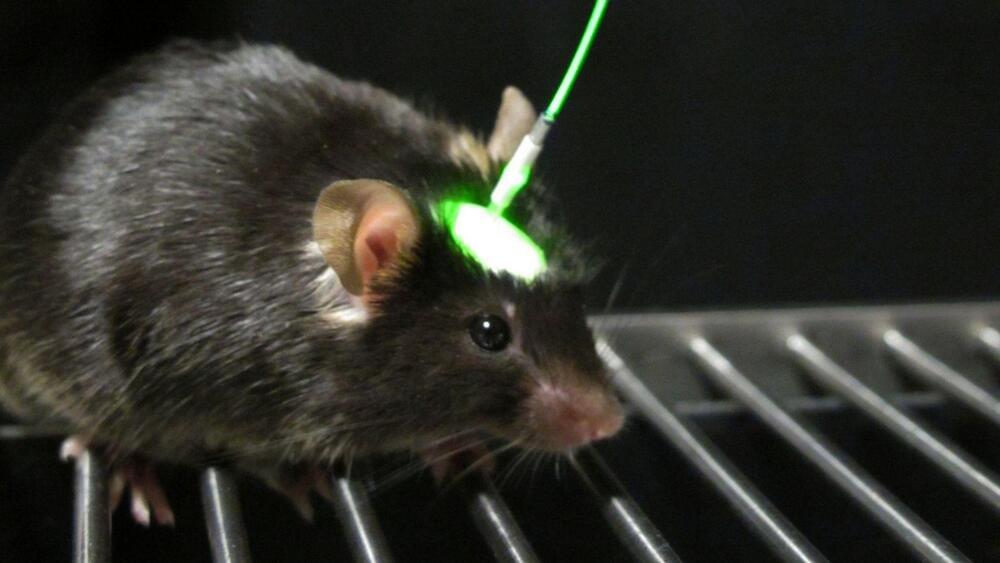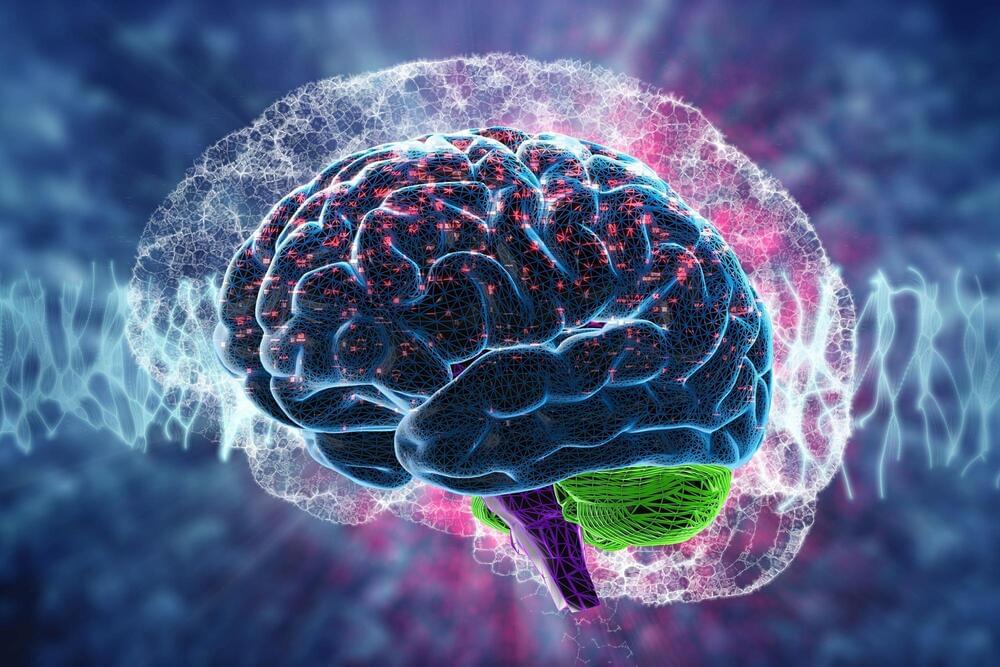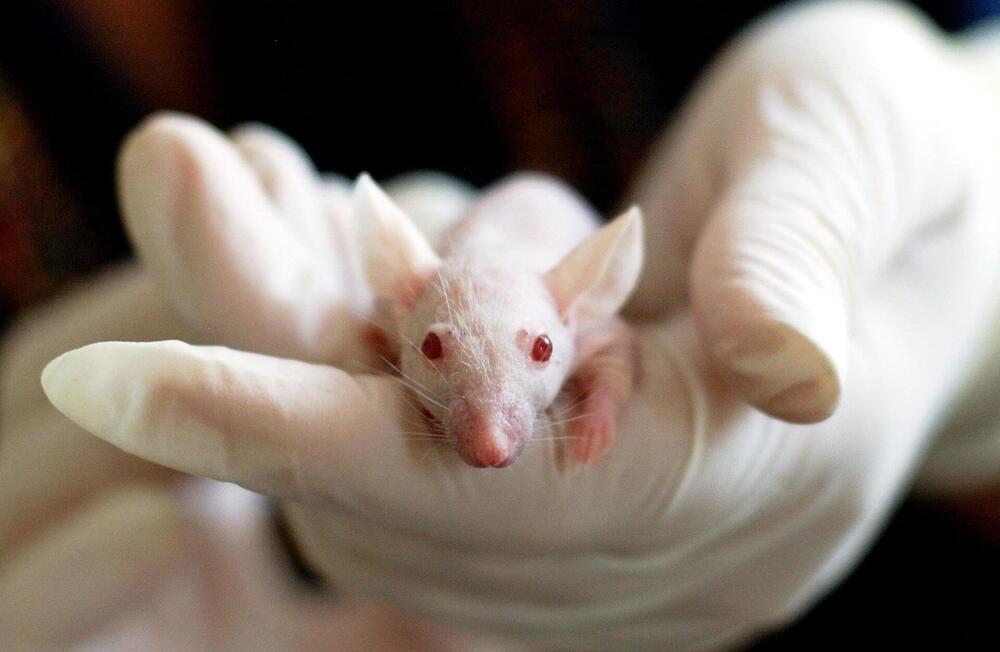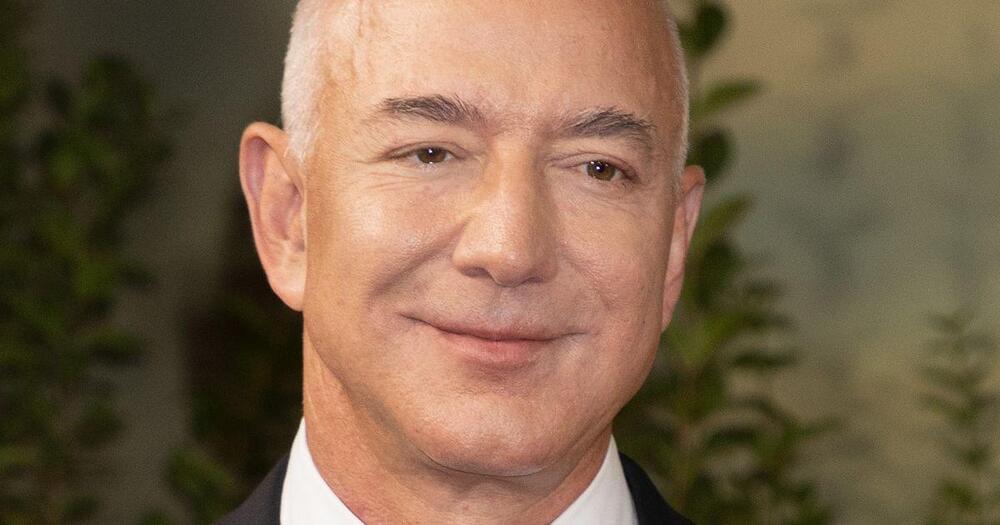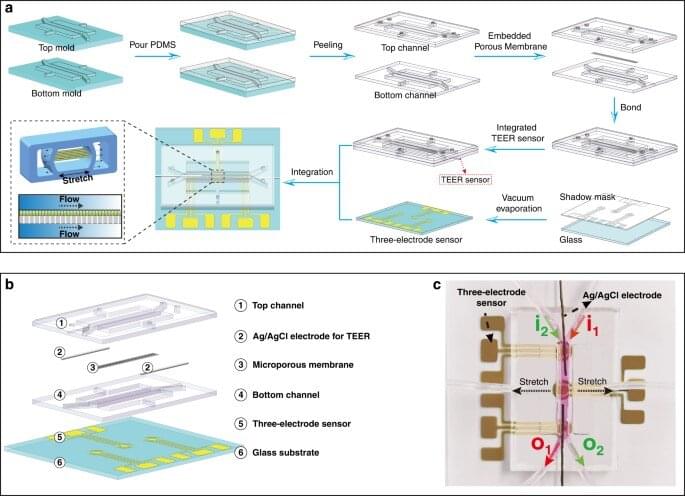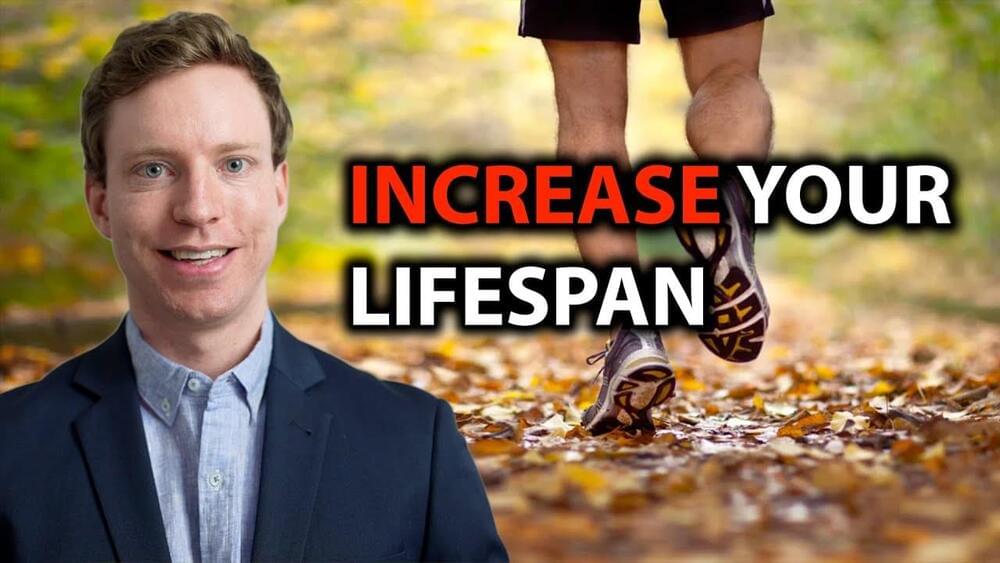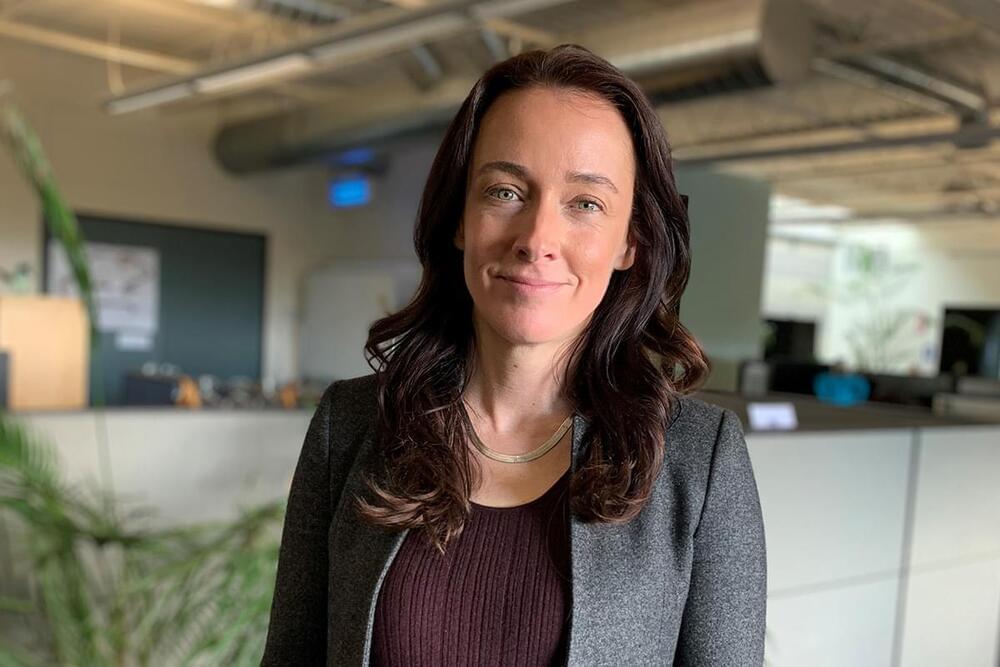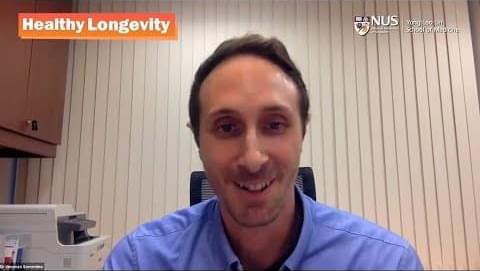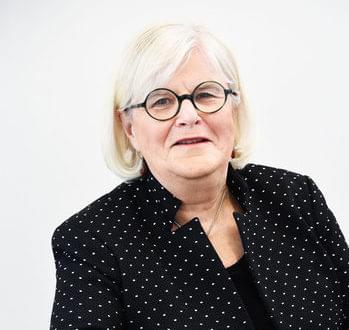
Aging appears to progress similarly across species, from worms and flies to mice and humans, and involves pathways related to early development. Guest Linda Partridge talks with Gordon while visiting the Buck Institute to discuss the evolutionary trade offs of aging mechanisms, the role of nutrient-sensing pathways, and how we might get the most benefit from preventative interventions in midlife.
Linda Partridge, born in 1950 in Bath, England, studied and graduated in biology at the University of Oxford. After three years of postdoctoral research at the University of York, she was Demonstrator, Lecturer, Reader and finally Professor at the University of Edinburgh. After many years in Scotland, in 1994 she became Professor of Biometry, University College London. She is both a founding director of the new Max Planck Institute for Biology of Ageing in Cologne and Director of the UCL Institute of Healthy Ageing. Linda Partridge’s research is directed to understanding both how the rate of aging evolves in nature and the mechanisms by which healthy lifespan can be extended in laboratory model organisms. Her work has focussed in particular on the role of nutrient-sensing pathways, such as the insulin/insulin-like growth factor signaling pathway, and on dietary restriction.
